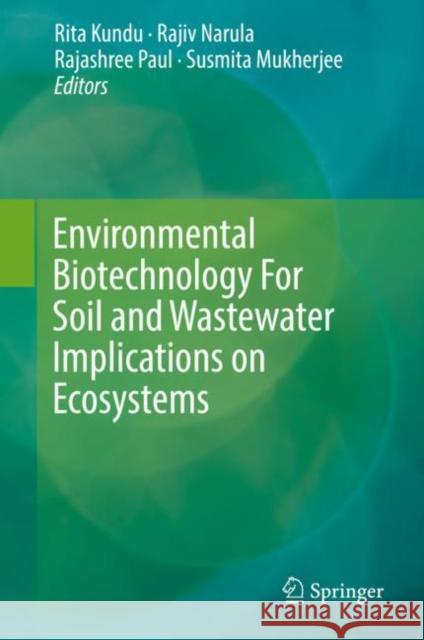Environmental Biotechnology for Soil and Wastewater Implications on Ecosystems » książka
topmenu
Environmental Biotechnology for Soil and Wastewater Implications on Ecosystems
ISBN-13: 9789811368455 / Angielski / Twarda / 2019 / 115 str.
Environmental Biotechnology for Soil and Wastewater Implications on Ecosystems
ISBN-13: 9789811368455 / Angielski / Twarda / 2019 / 115 str.
cena 606,65
(netto: 577,76 VAT: 5%)
Najniższa cena z 30 dni: 578,30
(netto: 577,76 VAT: 5%)
Najniższa cena z 30 dni: 578,30
Termin realizacji zamówienia:
ok. 16-18 dni roboczych.
ok. 16-18 dni roboczych.
Darmowa dostawa!
Kategorie:
Kategorie BISAC:
Wydawca:
Springer
Język:
Angielski
ISBN-13:
9789811368455
Rok wydania:
2019
Wydanie:
2019
Ilość stron:
115
Waga:
0.36 kg
Wymiary:
23.39 x 15.6 x 0.97
Oprawa:
Twarda
Wolumenów:
01
Dodatkowe informacje:
Wydanie ilustrowane











